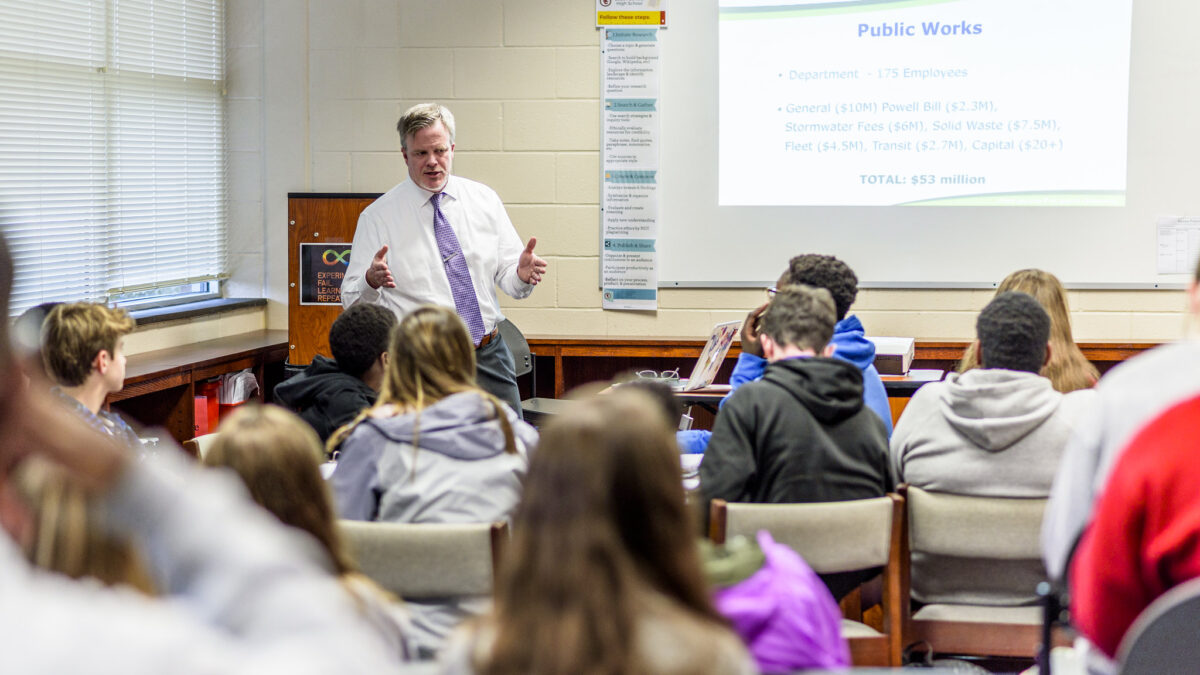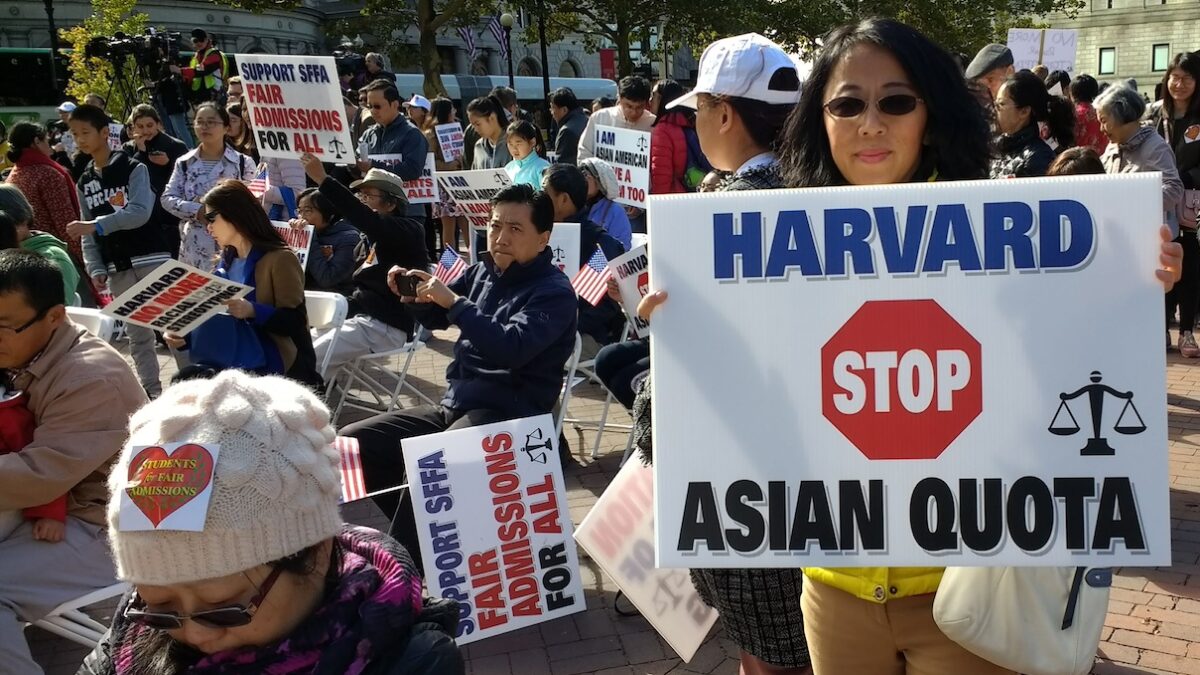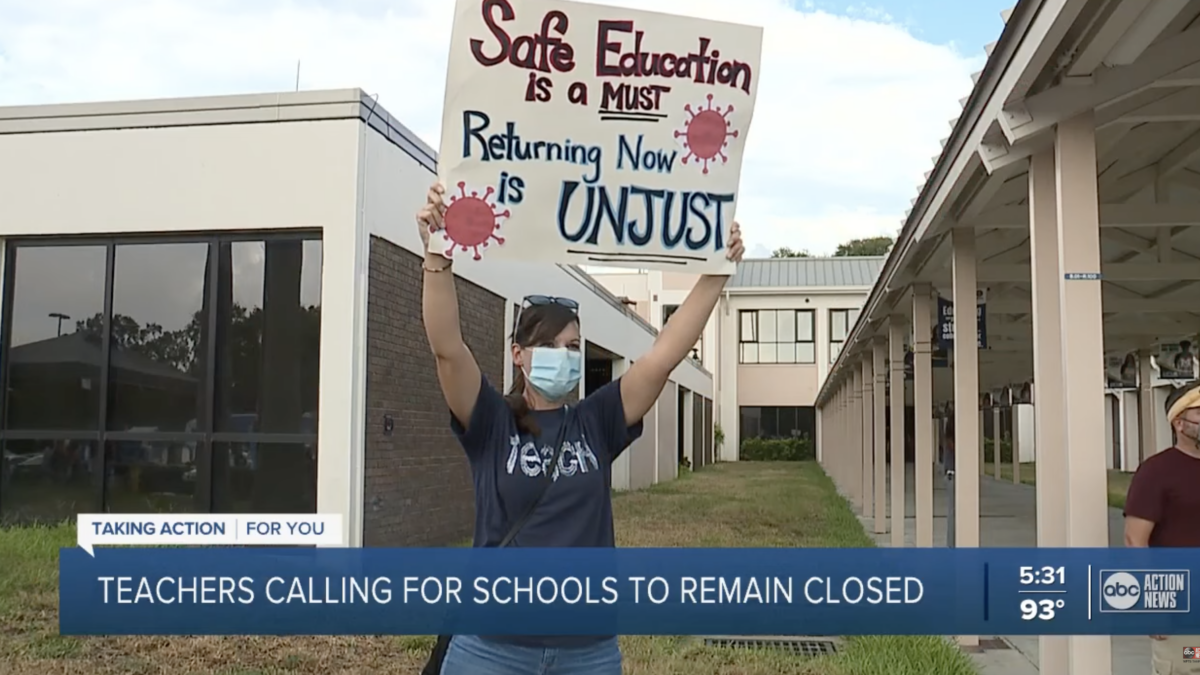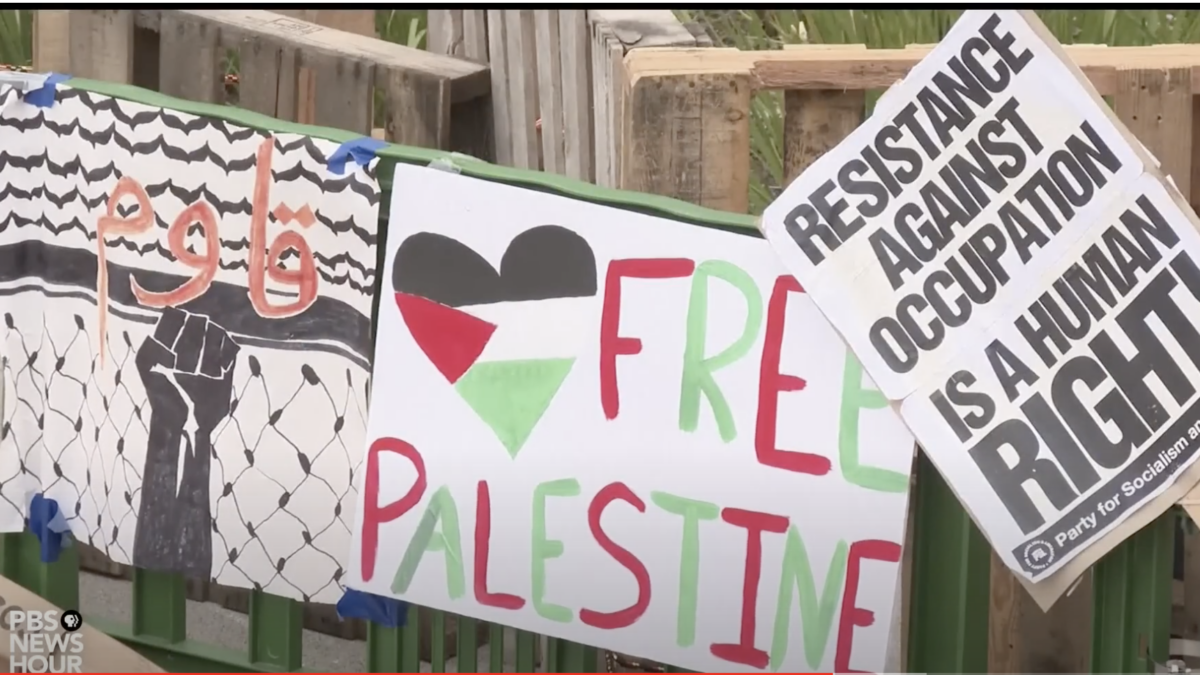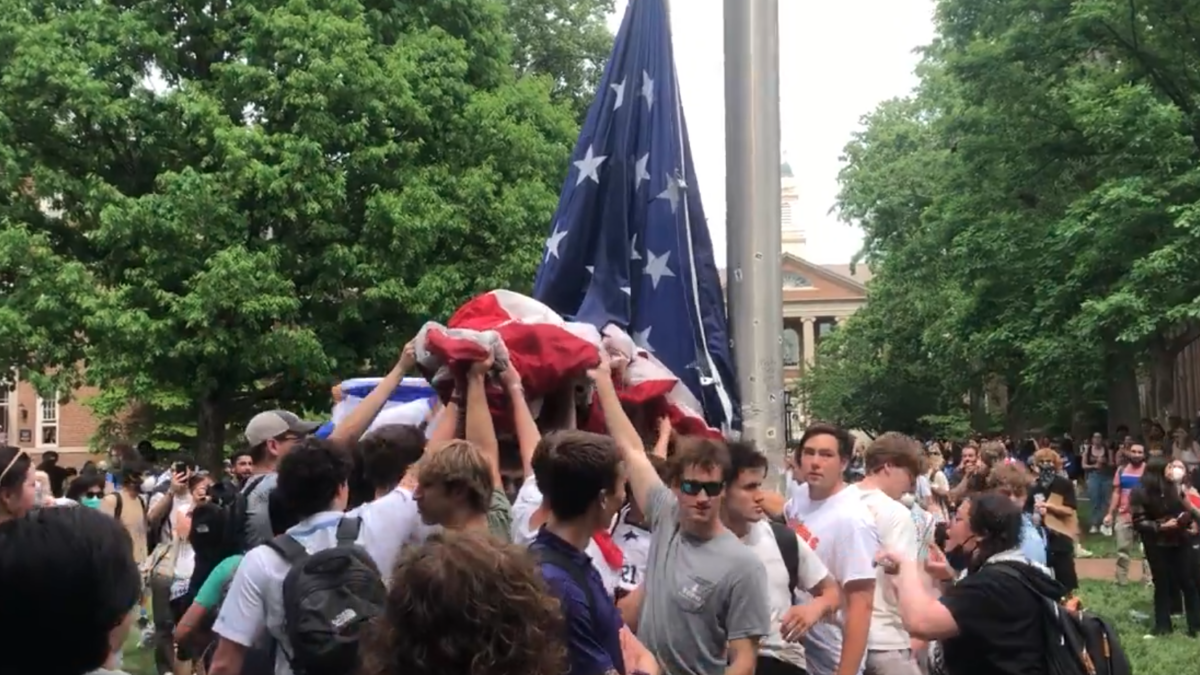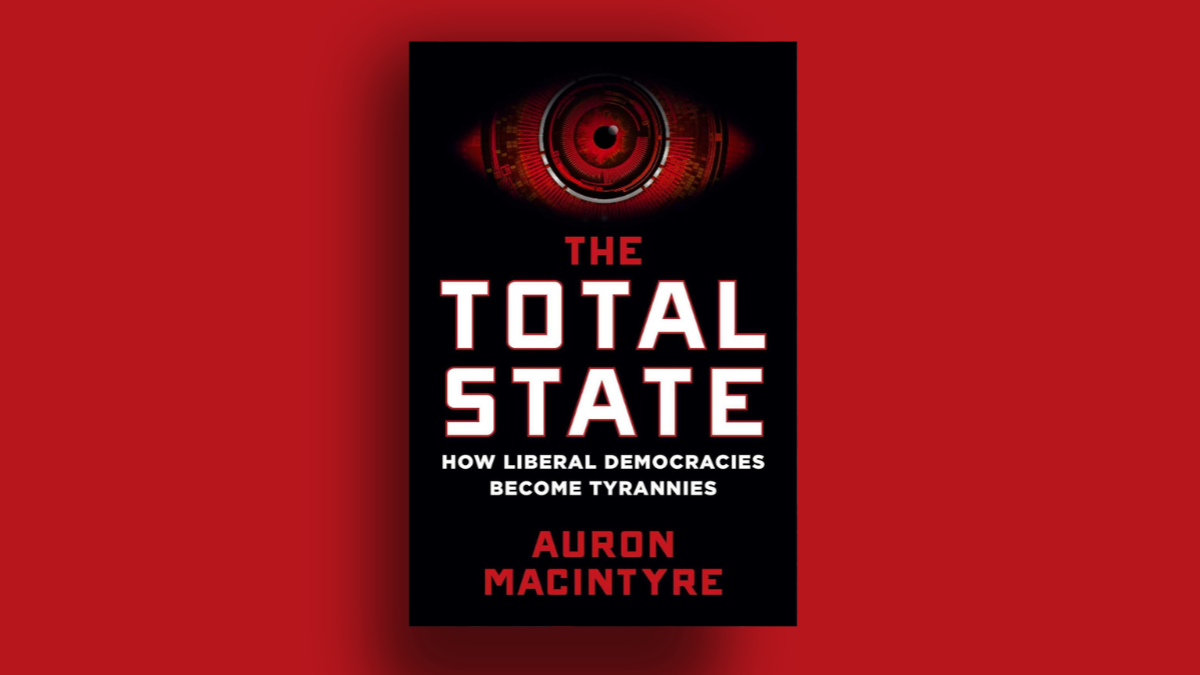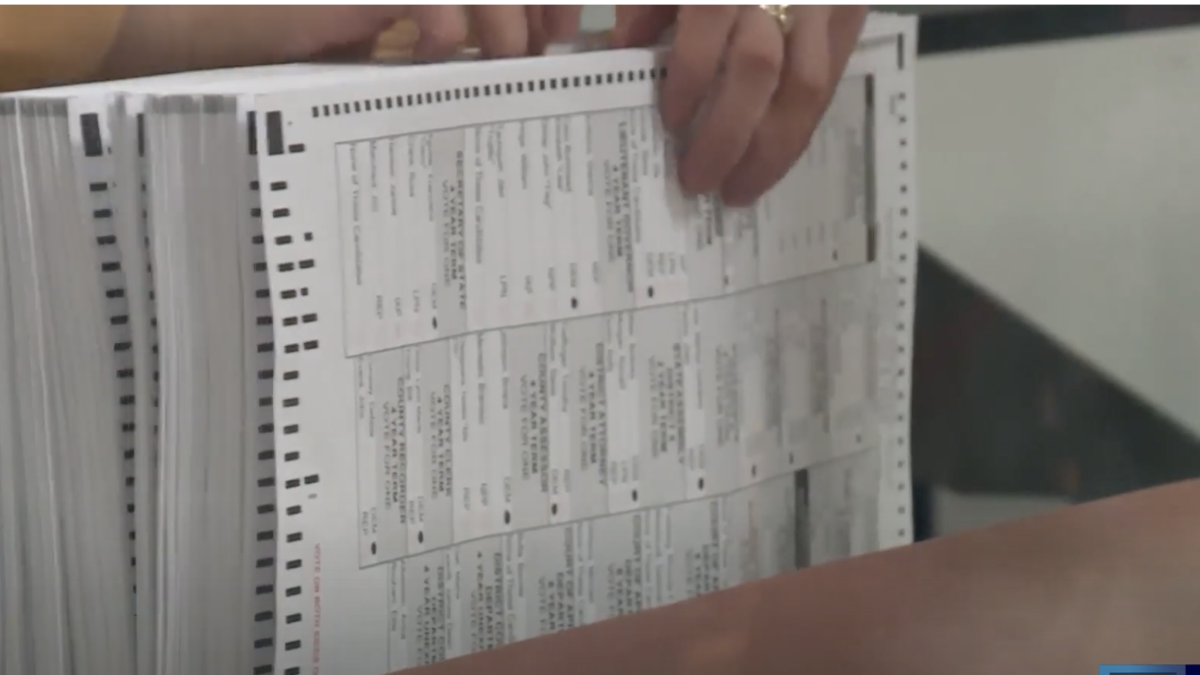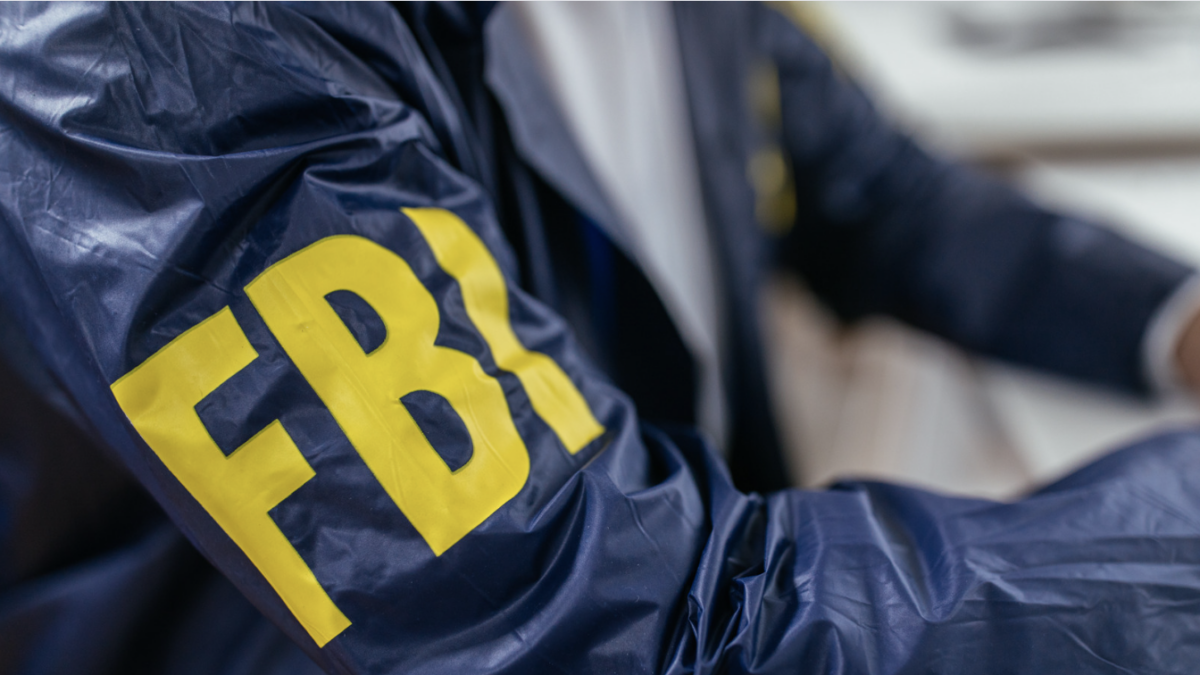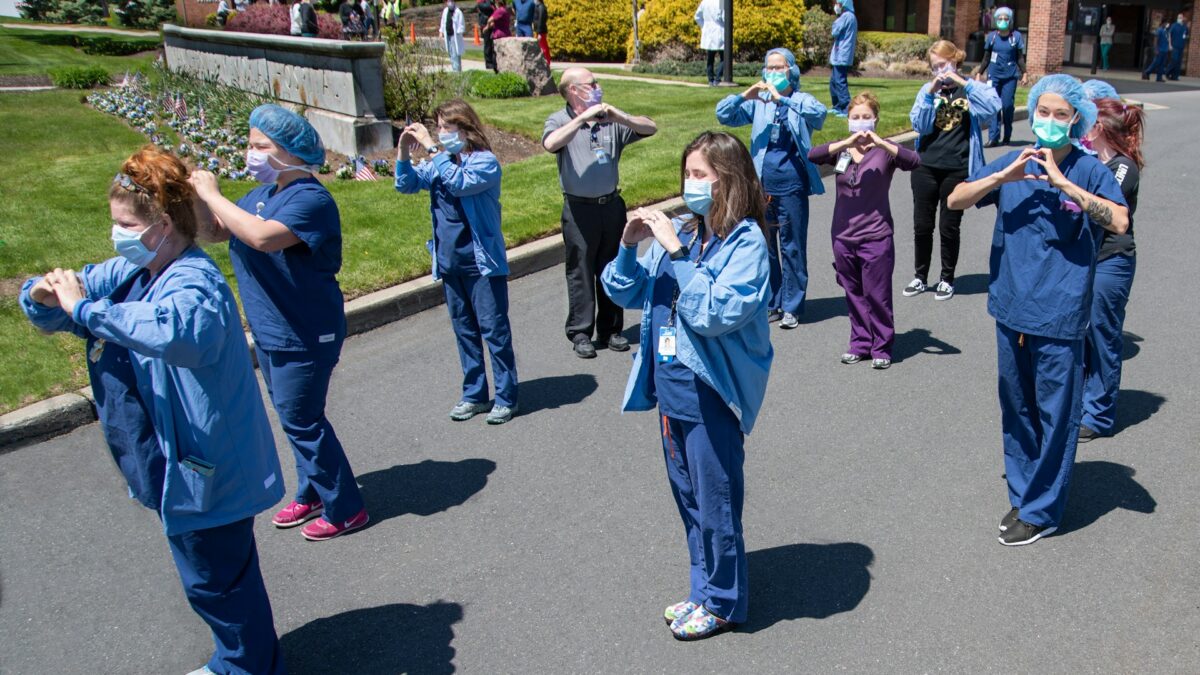A new study by researchers at the University of Arkansas and the University of Buckingham, which analyzed 57 international studies, concluded that religious schools are far more effective at teaching children to become engaged citizens than secular public schools — resulting in students who model political tolerance, knowledge, and skills better than their publicly educated peers.
The study found that receiving a private, faith-based education increased political tolerance and knowledge by 12 percent of a standard deviation. In turn, receiving such an education also resulted in increased volunteering and community engagement — all positive traits for a healthy society.
However, this is not good news for the leftist leaders of teachers unions, such as the National Education Association (NEA) and the American Federation of Teachers (AFT), who have preached the company line that private religious schools produce the exact opposite of what this study proves, claiming such schools promote bigotry and intolerance.
As Patrick J. Wolf, an education policy professor at the University of Arkansas and co-author of the study, puts it, “We should care about these findings because free countries establish public school systems for the express purpose of preparing their young citizens for the responsibilities of self-government.”
“Some people (such as the NEA and AFT) oppose private school choice policies because they claim private schooling is privatizing and undermines civic outcomes, especially if the private schools are religious,” he added. “Students don’t have to choose between God and country. They can enthusiastically support both.”
Yet, our current public education system, ostensibly set up to produce good citizens, does the exact opposite. It has kicked God and the teaching of virtue out. Meanwhile, teaching civics is basically ignored, as the study’s authors note, citing statistics showing that only 22 percent of eighth graders are proficient in the topic.
Another recent survey of Americans aged 18–24 found that only 4 percent of them answered four standard civics questions correctly and only 48 percent of them responded that they planned to vote in the 2024 election.
Back in 1991, the late liberal historian Arthur Schlesinger raised the alarm on the state of civics teaching in public schools after reviewing a New York report calling for K-12 curricula to address “racial and ethnic oppression” and focus on group identities instead of collective culture.
While the study did find that private and public school students have similar levels of political participation, the other question we have to ask is this: “What does that political engagement look like?”
Unfortunately, given the current left-wing climate that Schlesinger warned about and is promoted by organizations such as the NEA and AFT, our public schools are often little more than training centers to create angry student activists, teaching intolerance of other views while keeping children in the dark about our national history, and promoting incivility.
Is it any wonder that Americans no longer share a hope for the future and a sense of the common good?
As I write in my recent book, Toward a More Perfect Union: The Moral and Cultural Case for Teaching the Great American Story: “… young people leave our education system cynical, entitled, and aggrieved. Rather than being thankful, they are indignant. Rather than proud, they feel ashamed. Rather than feeling free, they feel oppressed. Rather than wanting to fix America’s faults, they want to burn it down. Rather than asking what they can do for their country, they demand to know what their country can do for them.”
Hardly the recipe for an engaged and civil society.
Meanwhile, faith-based schools are more likely to focus on civic duty and public civility, including, as mentioned, tolerance of other views, which is the proper recipe to create a society that is truly “e pluribus unum” or “out of many, one.” That is hardly a message of bigotry and intolerance.
Jonathan Zimmerman, a self-described liberal professor of history of education at the University of Pennsylvania, states: “This study … suggests religious schools promote more tolerance of differences than secular institutions do. As religious affiliation and practice decline, Americans have increasingly turned to politics for identity and meaning. But the churches of red and blue don’t teach us to love our neighbors.”
In fact, when we emphasize accusing our neighbor over loving them, we end up in our current morass of division and incivility. Perhaps that is why the best way to create an engaged, civil society — “an informed patriotism” as President Reagan called it — is to return to the very values taught by private religious schools. Which is to treat all, even those with whom we may disagree, with respect and dignity. That is the key to how we can renew our civic discourse and heal the present societal and political chasms in which we presently find ourselves.
